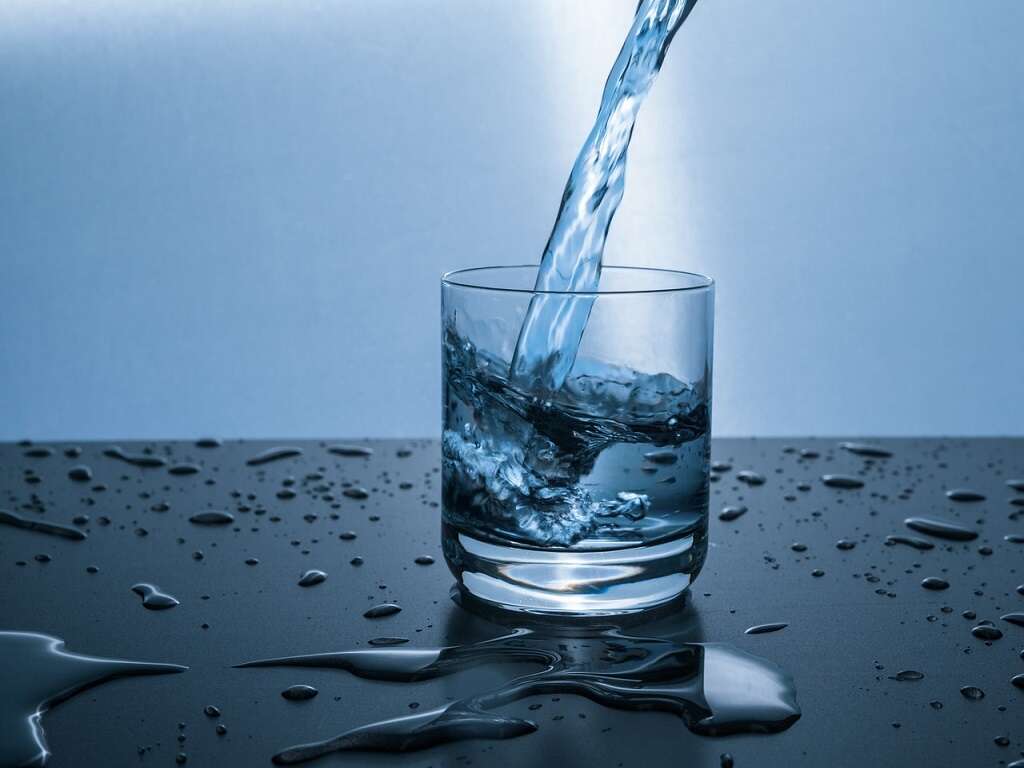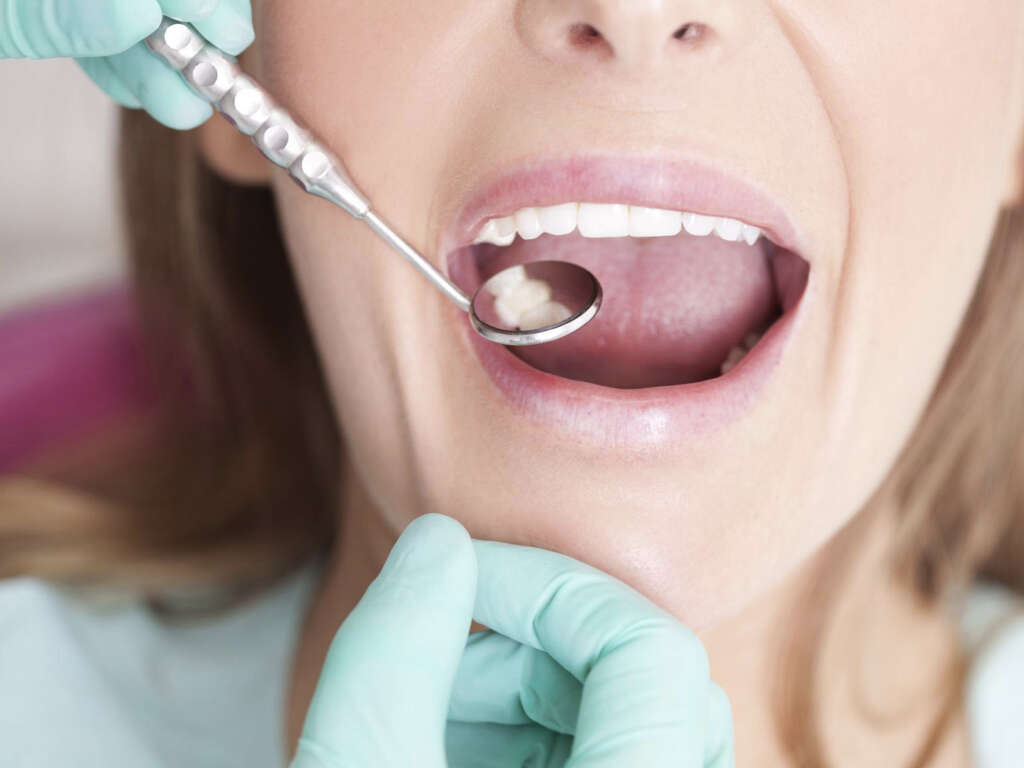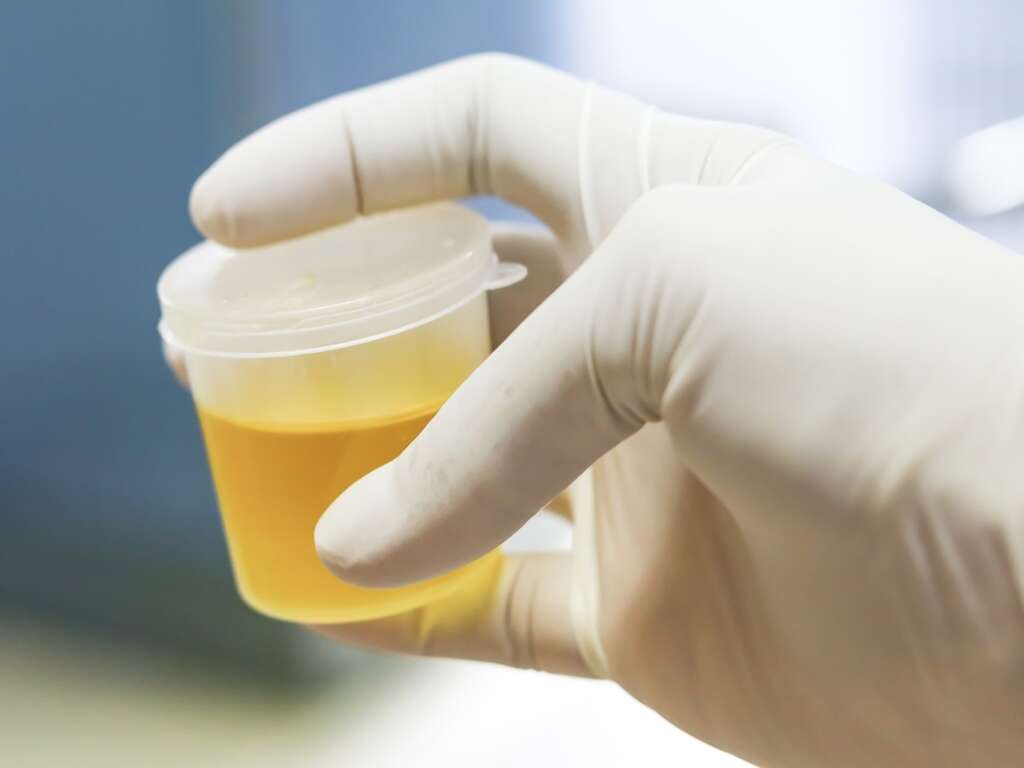10 Causes of Dark Urine
While no one is keen on getting up close to what they pass from their body, it can pay to pay close attention sometimes. Our bodily emissions can tell us a lot about our overall health, and our urine is no exception. It can even help to diagnose certain conditions that might otherwise have gone unnoticed.
If your urine is darker than usual then it is not necessarily something to be concerned about. It is often down to something quite harmless. It can sometimes be a symptom of something potentially serious, though, so it should not be approached with complacency.
Here’s a look at a few of the reasons why your urine might be darker than it usually is.

Cause Of Dark Urine #1: Blood in Urine
Our kidneys filter toxins from the blood. This does not mean, however, that there should be any blood in the urine. The two are kept separate, with cleaned blood returning to the bloodstream and urine going to the kidneys. If there is blood in the urine then it is a sign that something is wrong.
Blood in the urine can cause the urine to become darker in color than usual. It can be a result of physical damage somewhere in the urinary tract, or maybe an infection. It can also be caused by a range of diseases. Regardless, it is something that you should have checked out as soon as possible.
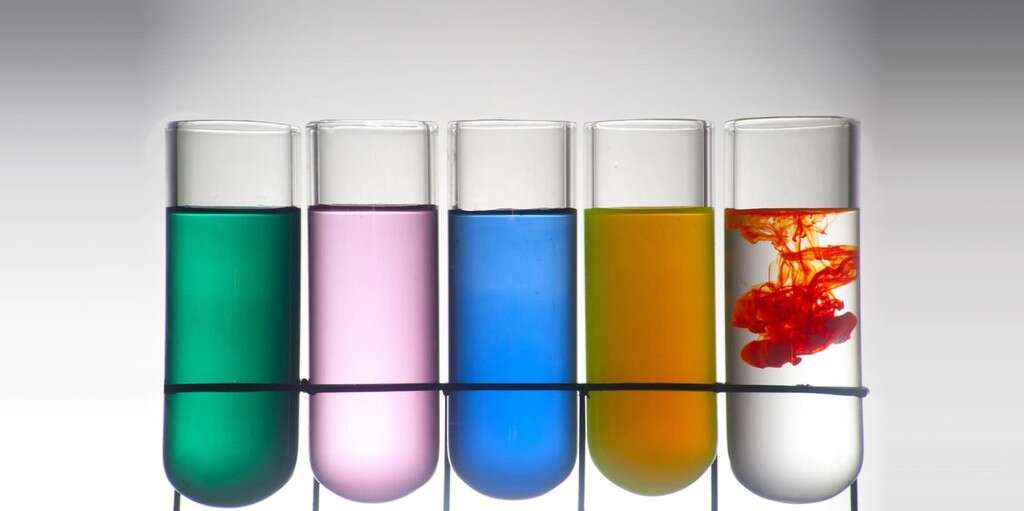
Cause Of Dark Urine #2: Food
Food and drinks come in a wide range of colors with pretty much every color on the visible spectrum accounted for. This is down to various pigments and other compounds that affect the color. When we digest food, though, it is broken down into its basic constituents, which are then processed.
This means it doesn’t usually come out the same color as it went in, but there are exceptions. Foods like beets and blackberries can cause your urine to become pink in color. Fava beans and aloe can turn it brown. There are numerous other examples and it is usually completely harmless to us.

Cause Of Dark Urine #3: Dehydration
If we don’t drink enough water then we will become dehydrated. There are other contributing factors such as heat and exercise but the end result is basically the same. Our bodies need water to function properly and even to survive. If we do become dehydrated then it is likely to lead to some very unwelcome side effects.
One symptom of dehydration is dark urine. This is because our bodily fluids are out of balance and that the toxins in our urine are in a higher than usual concentration. Fortunately for most of us, water is readily available, but we can still become dehydrated if we are not careful.
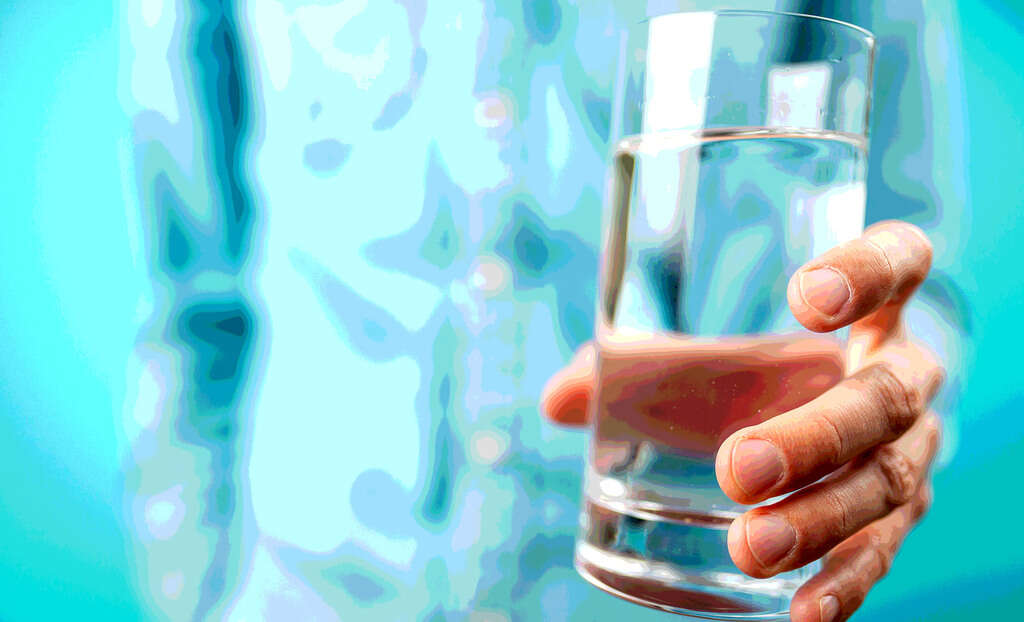
Cause Of Dark Urine #4: Medication
Different medications have different effects on our bodies. They are supposed to as they are helping to keep our bodies healthy and well. One relatively common side effect of medication is that it can cause your urine to become darker. This depends on the medication in question, of course.
Side effects of medication are usually explained before using them and there is usually no need to be concerned. If you do feel as though something is wrong then you should arrange to speak with your doctor about the symptoms. Remember to always be careful when using medication and always follow expert advice.

Cause Of Dark Urine #5: Urinary Tract Infections
Urinary tract infections are an infection of any part of the system that creates urine and passes it from the body. This includes the kidneys, the urethra, and the bladder among other things. They are most common in women of a certain age, although they can affect men as well. Lifestyle choices can also affect the chances of somebody developing a urinary tract infection.
Such infections can result in various symptoms and darker than usual urine is one of them. Other symptoms include a fever, pain, and a burning sensation when urinating. Fortunately, urinary tract infections are fairly easy to treat with antibiotics.
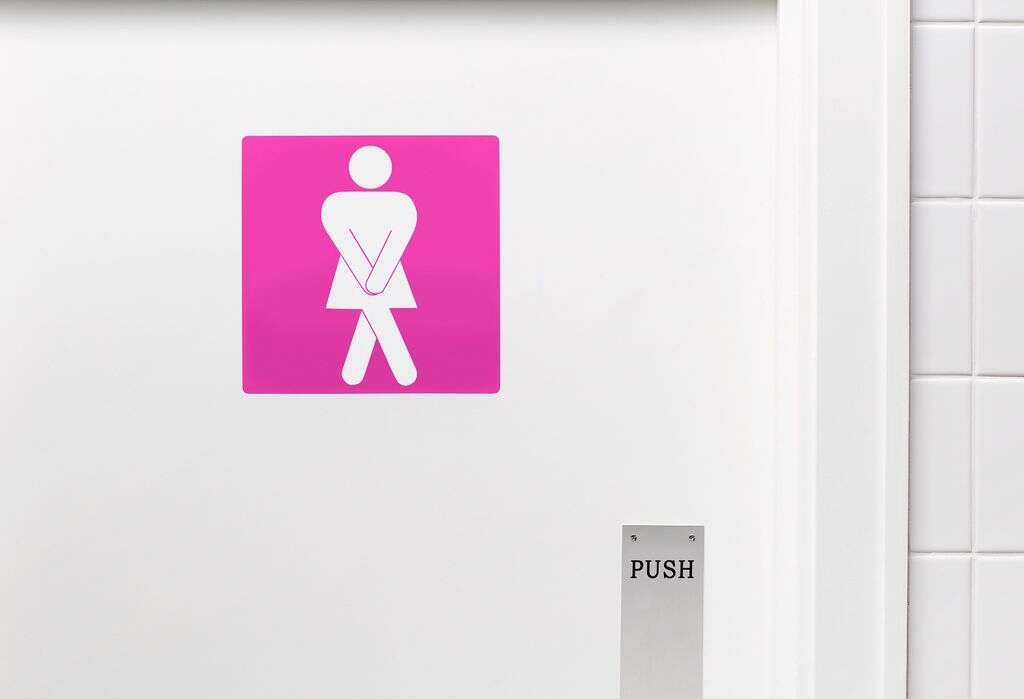
Cause Of Dark Urine #6: Rhabdomyolysis
Rhabdomyolysis is a condition that is characterized by skeletal muscle injury due to many mechanisms. The damaged muscle cells will start to leak proteins into the bloodstream causing renal injury.
The classic presentation of this condition includes dark urine, generalized weakness, and muscle pain as the most common symptoms. This is a very serious medical condition and requires medical attention to prevent further complications.

Cause Of Dark Urine #7: Jaundice
Jaundice is the name given to a phenomenon that causes us to take on a yellow color. This is caused by the presence of bilirubin in the bloodstream, which is yellow/brown in color itself. Bilirubin is a naturally occurring substance that is usually filtered from the bloodstream by the liver.
Bilirubin in the urine will cause the urine to become darker than usual. While jaundice itself is not necessarily dangerous to us, it does suggest potentially dangerous underlying conditions such as liver disease. It is a symptom that should encourage you to see a doctor as soon as you are able to.
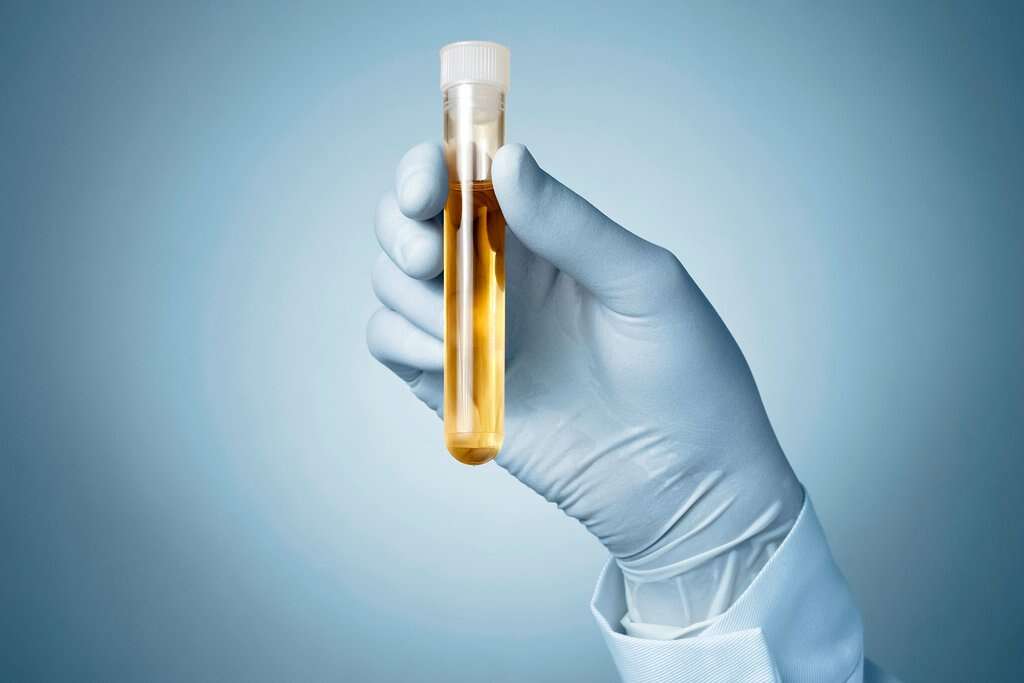
Cause Of Dark Urine #8: Bladder Cancer
Bladder cancer is a medical condition that is known to cause hematuria (blood in the urine) in many patients.
The blood can be macroscopic (evident to the naked eye) or it can be microscopic (only visible with the use of a microscope in the lab). If you notice that your urine is changing in color without any reason, you should seek medical attention for proper diagnosis.
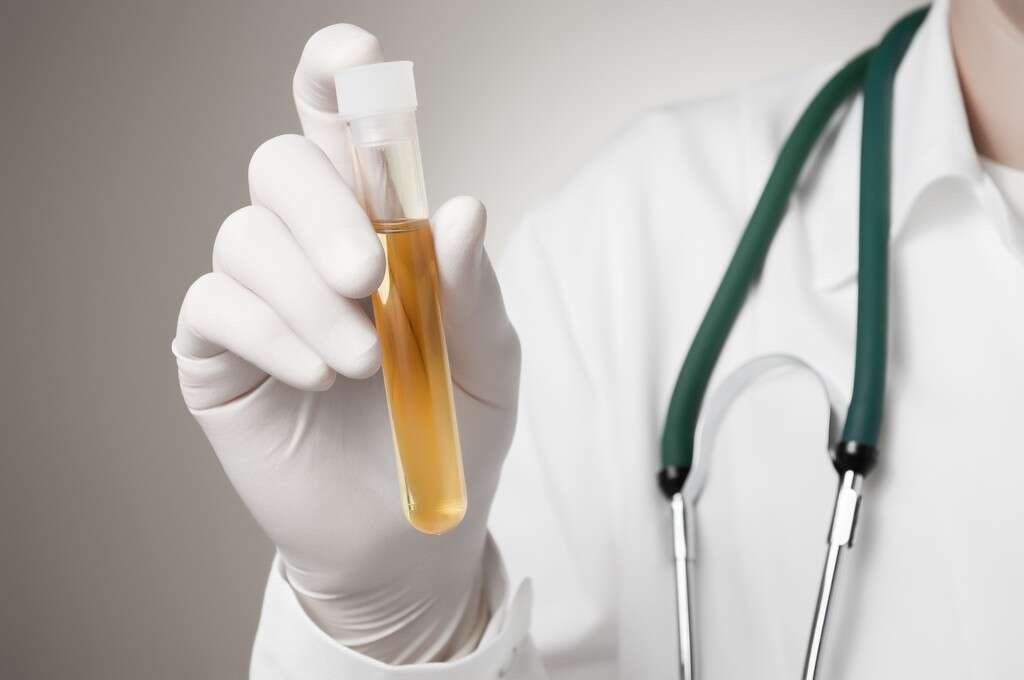
Cause Of Dark Urine #9: Hemolytic Anemia
Our red blood cells live for around 120 days. At the end of their life cycle, they are processed by the liver. Blood cells that are somehow damaged or faulty are also processed in this way. The body is constantly supplied with fresh blood cells, keeping the blood flow healthy and well.
Hemolytic anemia is a condition where the body destroys too many blood cells. This will mean that the blood is not able to carry sufficient oxygen, although the condition can be treated. Treatment often involves making changes to your lifestyle, while surgery may also be necessary in some cases.
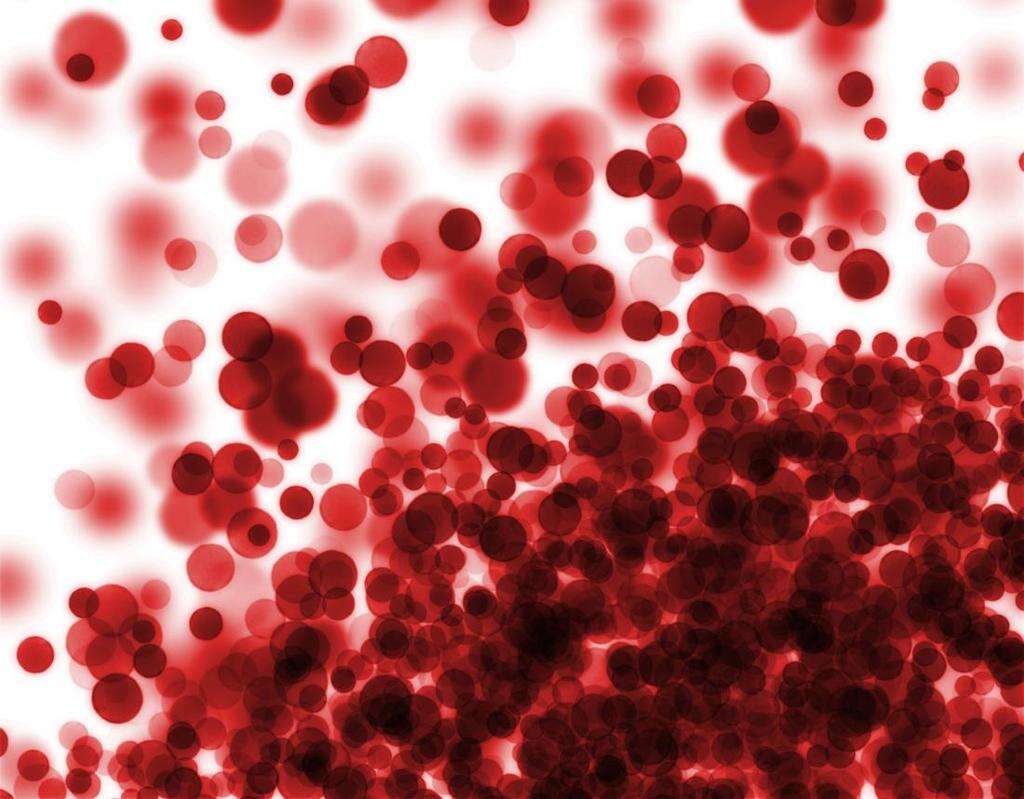
Cause Of Dark Urine #10: Hepatitis
Viral hepatitis is known to cause changes in the color of the urine. Hepatitis A infection may cause the urine to become darker than usual during the icteric phase.
Other symptoms associated with this disease are a low-grade fever, malaise, yellow-coloring of the skin and mucosae, nausea, and vomiting. Other types of hepatitis (B and C) may also cause the urine to become darker. If you are suffering from this condition you should seek medical attention for proper diagnosis.




